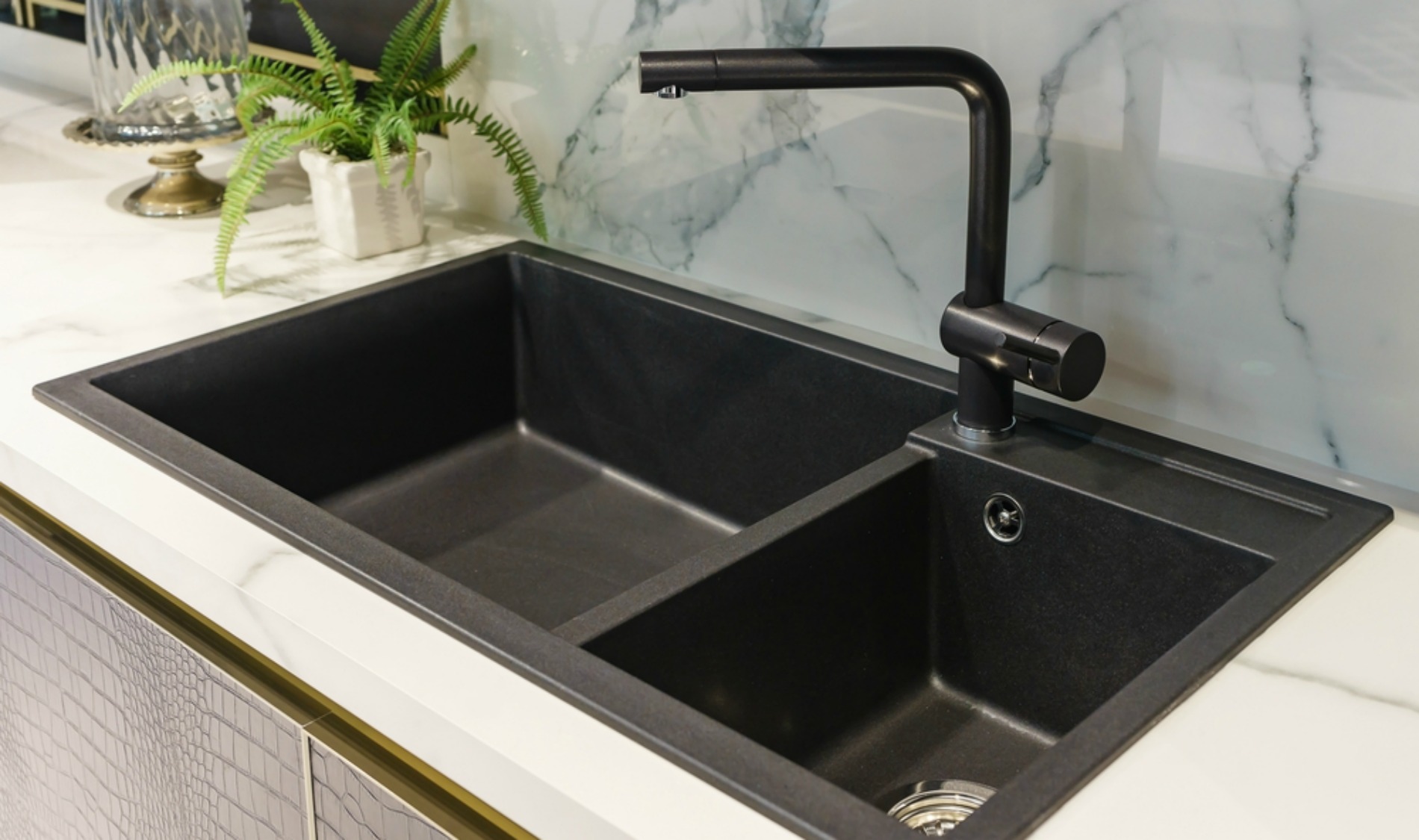Which cost efficient hot water systems will suit your household? Find out the pros and cons of the 3 popular hot water units available to consumers.
Sponsored Post
Hot water is a household necessity. When it’s time to replace or upgrade a hot water unit, it’s important to consider which cost efficient hot water systems are available and what will suit your household needs and budget.
There are also other considerations like
- What sized hot water system do you need?
- What is the warranty and how long will the system typically last?
Choosing the right size hot water system
The right size will depend on how many people are in your household. A small electric hot water system won’t supply enough hot water for a family of six, yet it may be the perfect solution for a couple.
For properties with a number of individuals a bigger tank or continuous flow system that won’t run out is best.
What is the expected lifespan of a hot water unit?
Hot water units will typically last about a decade. However, if they are serviced regularly they can outlast their expected life span.
The next big question is Electric, Gas or Solar? Which cost efficient hot water systems will suit your households’ needs best? Let’s explore the pros and cons of each type of system.
Which Cost Efficient Hot Water Systems Will Suit Your Household Best?
Electric Hot Water Systems
The installation costs for electric hot water systems are fairly low. This is because they don’t have a gas connection – all they need is access to your home’s power and water supply.
The problem is that they use a lot of electricity because they have to keep a large body of water at a minimum of 60⁰C to kill any nasty bugs.
If you have solar panels, then an electric storage tank makes good economic sense. You can use the free power from the panels to heat the water.
Here is a summary of the pros and cons for an electric hot water system:
Pros:
- Low set up cost – cheaper unit and lower installation costs
- Cheapest combined with solar panels – free power during the day when energy use is low
- Quick and easy installation – no problems with roof access or size of gas lines
- Mains water pressure – strong shower with no loss of pressure if other taps come on
Cons:
- Takes up space – are large units that can steal valuable space
- Expensive to run on mains power – often use over 25% of household electricity
- Can run out if used by too many people and have to be large to cater for large families
Gas Hot Water Systems
Despite higher installation costs, gas continuous flow systems cost much less than an electrical storage unit to run each year. These systems heat your water only as you need it.
While the long term savings are significant, the initial costs can put people off. And you have to have gas available.
Here is a summary of the pros and cons for a continuous flow gas hot water system:
Pros:
- Long term savings – 30% saving on energy bills
- Compact and doesn’t take much space – great for apartments and tight spaces
- Never runs out – only heats water as you need it and has no store of hot water to get through
Cons:
- Higher installation costs – more complex to put in with correct sizing of gas lines
- Slightly less water pressure – not quite as strong as storage systems
Solar Hot Water Systems
Solar hot water systems are expensive, although rebates are available. But these systems will pay for themselves over time.
The unit needs good access to the sun to perform at its best. Prolonged periods of heavy cloud cover trigger the built-in backup heater. That means your savings will be higher if you live in a sunny area.
Here is a summary of the pros and cons for a solar hot water system:
Pros:
- Long term savings – low bills over the years offset the initial cost
- Environmentally friendly – generates minimal greenhouse gas
- Low maintenance – durable system that only needs an occasional panel clean
Cons:
- Expensive to buy and install despite rebates
- Can be unreliable depending on climate – ideal for sunny capitals such as Perth
- Can run out of hot water – have a storage tank
Energy Star Ratings
Another thing to consider after you have decided which system to go for is the energy star rating. This only applies to gas hot water heaters. Solar systems, electric storage and heat pumps are not rated. The rating system is simple: the more stars, the more efficient the unit is.
Final Thoughts
What’s cheapest depends on what energy you use. If you have gas and mains power, but are running an electric storage system, seriously consider changing to gas continuous flow.
For just mains power, a solar system will be cheapest, but it will take a few years to pay off the initial installation costs.
But if you have a house with solar panels, you can still enjoy the advantages of an electric storage system – cheap to install and replace and with mains pressure. It all comes down to what’s most important to you and your family.
This guide was supplied by Metropolitan Electrical Contractors – Author: David Ellingsen
Disclosure: This post has been written in accordance with my disclosure policy.
Disclaimer: The information is intended to be of a general nature only. The Plumbette and Metropolitan Electrical Contractors do not accept any legal responsibility for any loss incurred as a result of reliance upon it – please make your own decisions and enquiries to suit your household.








